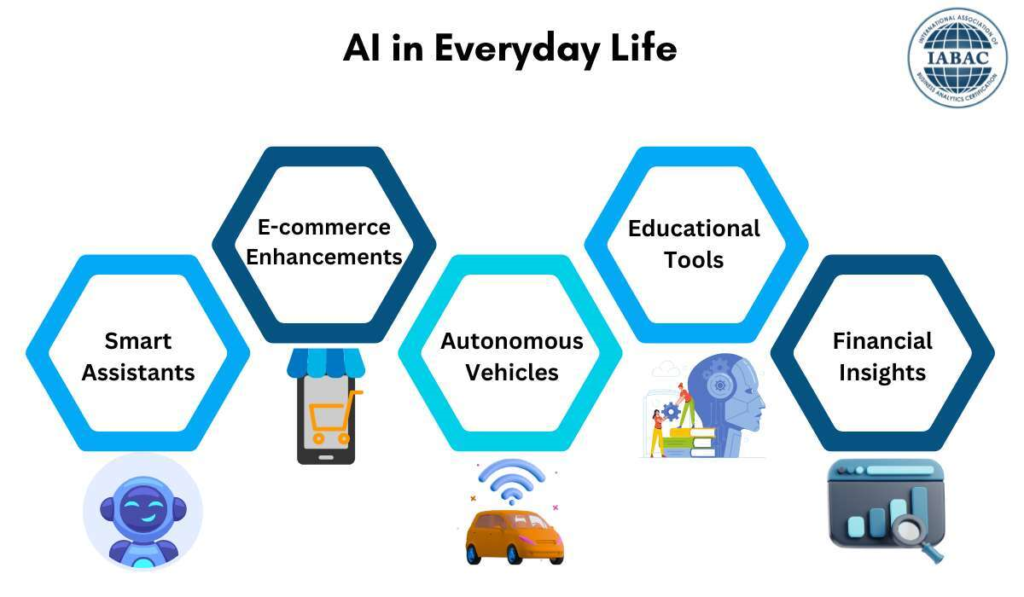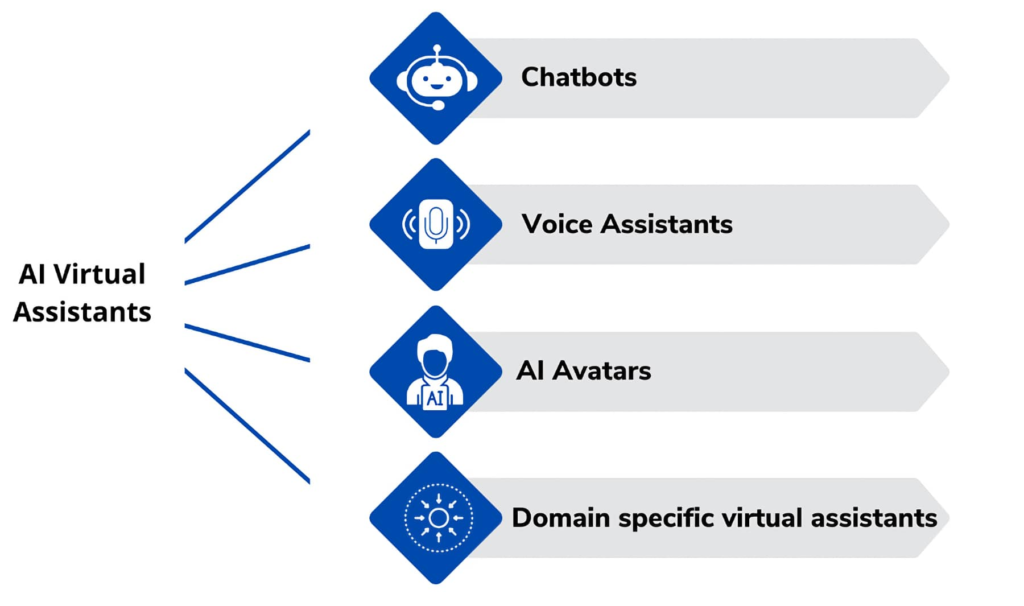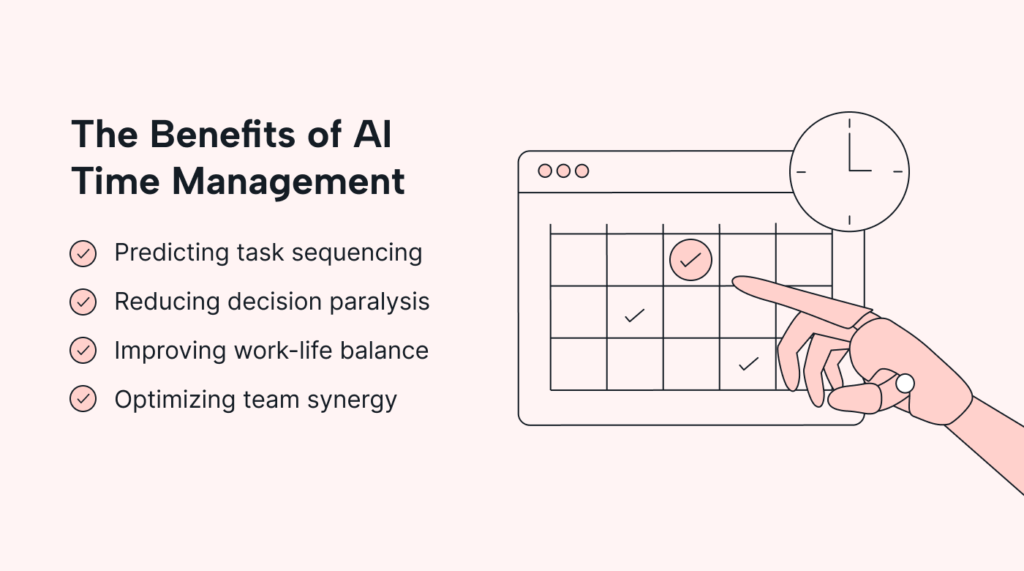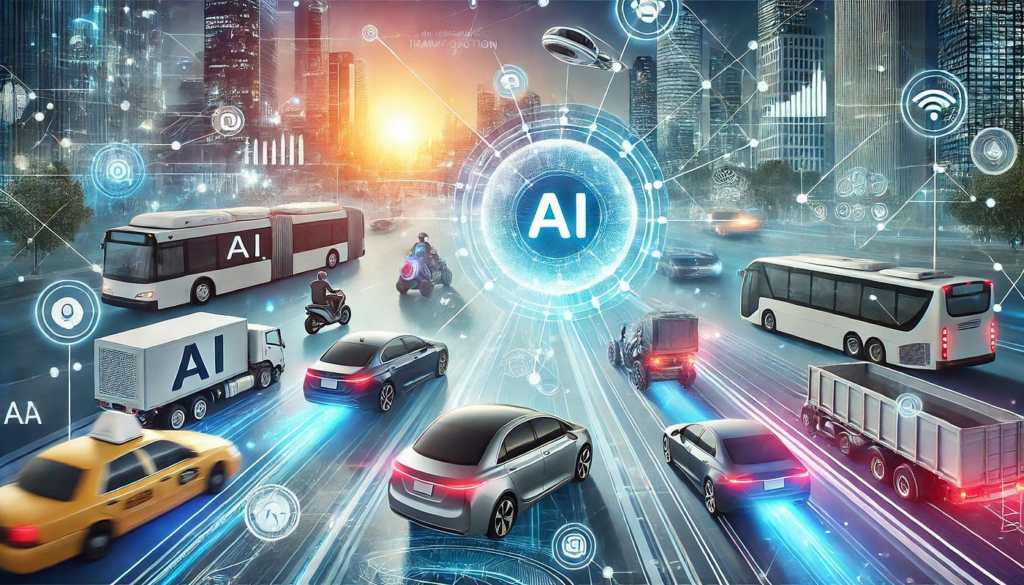INTRODUCTION
In today’s fast-paced world, balancing multiple tasks can be overwhelming. However, thanks to advancements in Role of Artificial Intelligence (AI), everyday tasks are becoming more manageable and automated. From simplifying our shopping experiences to managing personal schedules, AI is seamlessly integrating into our daily lives, saving time and effort. In this post, we explore how AI is transforming the mundane into the automated and the tools that make it possible.

1.. What is Role of AI Automation in Everyday Tasks?
Artificial Intelligence (AI) refers to machines designed to mimic human intelligence. When applied to everyday tasks, AI automates routine activities, reducing manual effort. This includes technologies like machine learning, natural language processing, and robotics that handle tasks once performed by humans.
Key Benefits of AI Automation:
- Time Efficency
- Reduced Human Error
- Personalization of Service
- Cost effectiveness in the long term

2.. AI in Personal Assistance: Virtual Assistants
Virtual assistants like Google Assistant, Amazon’s Alexa, and Apple’s Siri have become indispensable for managing daily tasks. These tools use voice recognition, machine learning, and natural language processing to interpret and respond to user commands.
Tasks Virtual Assistants Automate:
- Schedule meeting
- Setting Reminders
- Sending text or making calls
- Controlling Home smart devices
- Searching the internet for quick information

IMPACT= Virtual assistants save users hours every week by taking care of trivial but time-consuming tasks. The level of personalization they offer makes them ideal for busy individuals seeking efficient task management.
3. AI in Home Automation: Smart Homes
AI plays a significant role in smart home technologies. Devices like smart thermostats, lighting systems, and security cameras are increasingly powered by AI algorithms to make our homes more intuitive and responsive.
Examples of AI-powered Home Automation Devices:
- Smart thermostats (e.g., Nest, Ecobee): Automatically adjust room temperatures based on user preferences.
- AI-powered security cameras: Analyze unusual activities and alert homeowners in real time.
- Smart appliances: AI-enabled refrigerators that track food inventory and suggest shopping lists.
IMPACT= Home automation provides convenience, safety, and energy efficiency. AI systems reduce the need for manual inputs and automatically adjust settings to optimize comfort and resource usage.
4. AI in Shopping: Personalized Recommendations
AI has transformed the way we shop, especially in e-commerce. Personalized shopping recommendations, powered by machine learning algorithms, help us find products that match our preferences based on past behavior.

AI-driven Shopping Platforms:
- Amazon: Uses AI to recommend products based on browsing history, purchase patterns, and even weather trends.
- Grocery Apps: Suggest products based on shopping history and offer discounts on frequently purchased items.
- Grocery Apps: Suggest products based on shopping history and offer discounts on frequently purchased items.
IMPACT=AI not only enhances the customer experience but also helps businesses increase their sales through targeted recommendations, making shopping quicker and more tailored.
5. AI in Time Management: Automated Scheduling Tools
Another area where AI excels is in time management. AI-powered scheduling apps like Clockwise, Calendly, and x.ai analyze your calendar and optimize your meetings based on your preferences.
AI-powered Time Management Tools:

- Clockwise: Automatically adjusts meeting times to free up focus time.
- Calendly: Helps schedule appointments efficiently by syncing calendars and finding mutually available time slots.
- Todoist: Prioritizes tasks and reminds users of deadlines.
IMPACT= These tools reduce the cognitive load associated with planning and help individuals stay organized without manually managing every detail.
6. AI in Content Creation and Social Media Management
Content creation and social media management have been significantly streamlined through AI tools like Jasper AI and Hootsuite. These tools help individuals and businesses manage their online presence effortlessly by automating repetitive tasks.
AI in Content Creation Tools:

- Jasper AI: Generates blog content, social media posts, and product descriptions automatically based on user input.
- Hootsuite: Automates social media scheduling and monitors trends to optimize engagement.
IMPACT = These tools enable content creators to save time by automating posts and analyzing user engagement, helping brands stay active online without constant supervision.
7. AI in Health and Fitness: Automated Monitoring
Wearables like Fitbit and Apple Watch are powered by AI to track users’ health metrics in real-time. These devices monitor heart rate, sleep patterns, and physical activity, providing personalized recommendations for fitness improvement.

AI in Health Monitoring Devices:
- AI-enabled Fitness Trackers: Monitor physical activities and suggest customized workout plans.
- Smart Healthcare Assistants: Provide reminders for medication, track health statistics, and alert users to any irregularities.
IMPACT = AI-driven wearables are not only improving personal health by providing valuable insights but also encouraging users to maintain healthier lifestyles through tailored suggestions.
8. AI in Financial Management: Automated Payments and Budgeting
Managing finances can be a time-consuming task, but AI-powered apps like Mint and YNAB (You Need A Budget) help automate budgeting and bill payments.
AI Financial Tools:
- Mint: Automatically categorizes your expenses and provides personalized budget recommendations.
- YNAB: Uses AI to track your spending habits and suggests ways to save money.
- AI-based Investment Tools: Robo-advisors like Betterment and Wealthfront make investment decisions for you based on algorithms, making financial planning easier for beginners.

IMPACT= These tools reduce the manual effort involved in financial management, providing users with a clearer picture of their spending while automating payments and savings.
9. AI in Transportation: Self-Driving Cars and Ride-Hailing Services
Self-driving cars, although still in the developmental stage, are a prime example of AI automating transportation. AI-powered ride-hailing services like Uber and Lyft also use machine learning to predict demand, optimize routes, and provide a smoother user experience.

IMPACT= Self-driving technology will eventually lead to safer roads by reducing human error. In the meantime, ride-hailing services continue to streamline transportation through AI’s predictive and adaptive algorithms.
10.AI-Driven Time Management
Time Management is crucial for personal and professional success.AI-Driven time management takes it to the next level by optitmizing schedules,Prioritizing tasks,and minimizing distractions.

AI -Powerd Time Management Tools
- Calender Optimization: Google Calender ,Microsoft Outlook
- Task Automation : Zapier ,IFTTT
- Time Tracking:Taggl,Harvest
- Focus -Enhancing tools: Freedom selfcontrol
- Virtual Assisstants: Siri, Google Assistant
CONCLUSION
AI is no longer a futuristic concept; it’s already simplifying everyday life in more ways than we can imagine. From virtual assistants managing our schedules to AI-powered wearables keeping track of our health, the automation of daily tasks is making life more efficient and less stressful. As AI continues to advance, we can expect even more groundbreaking innovations that will further reshape how we handle our day-to-day activities.
Call-to-Action (CTA):
Stay ahead of the curve by embracing AI tools to automate your everyday tasks. For more insights on the latest AI technologies and trends, explore more content on emergingpriya.com.
